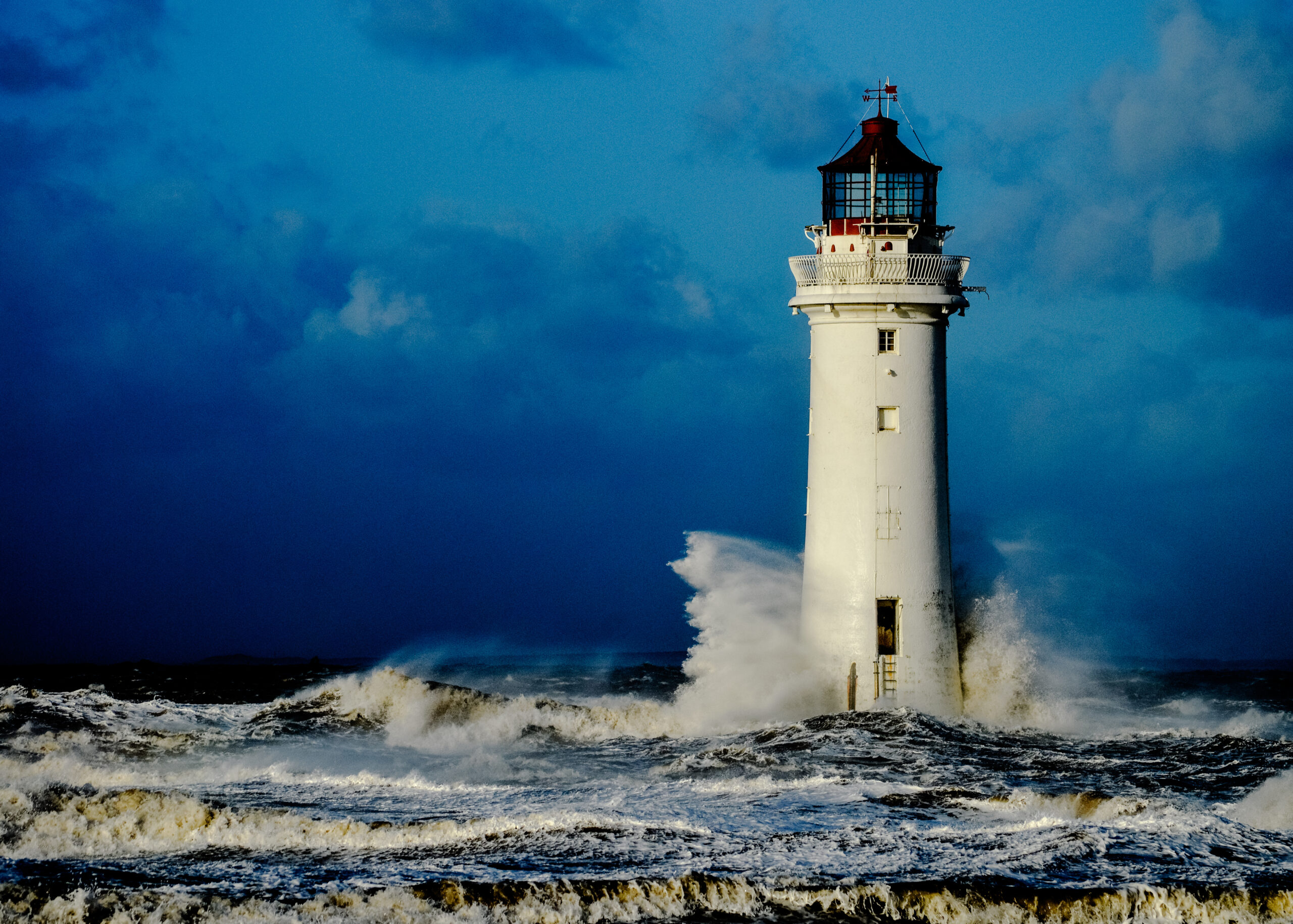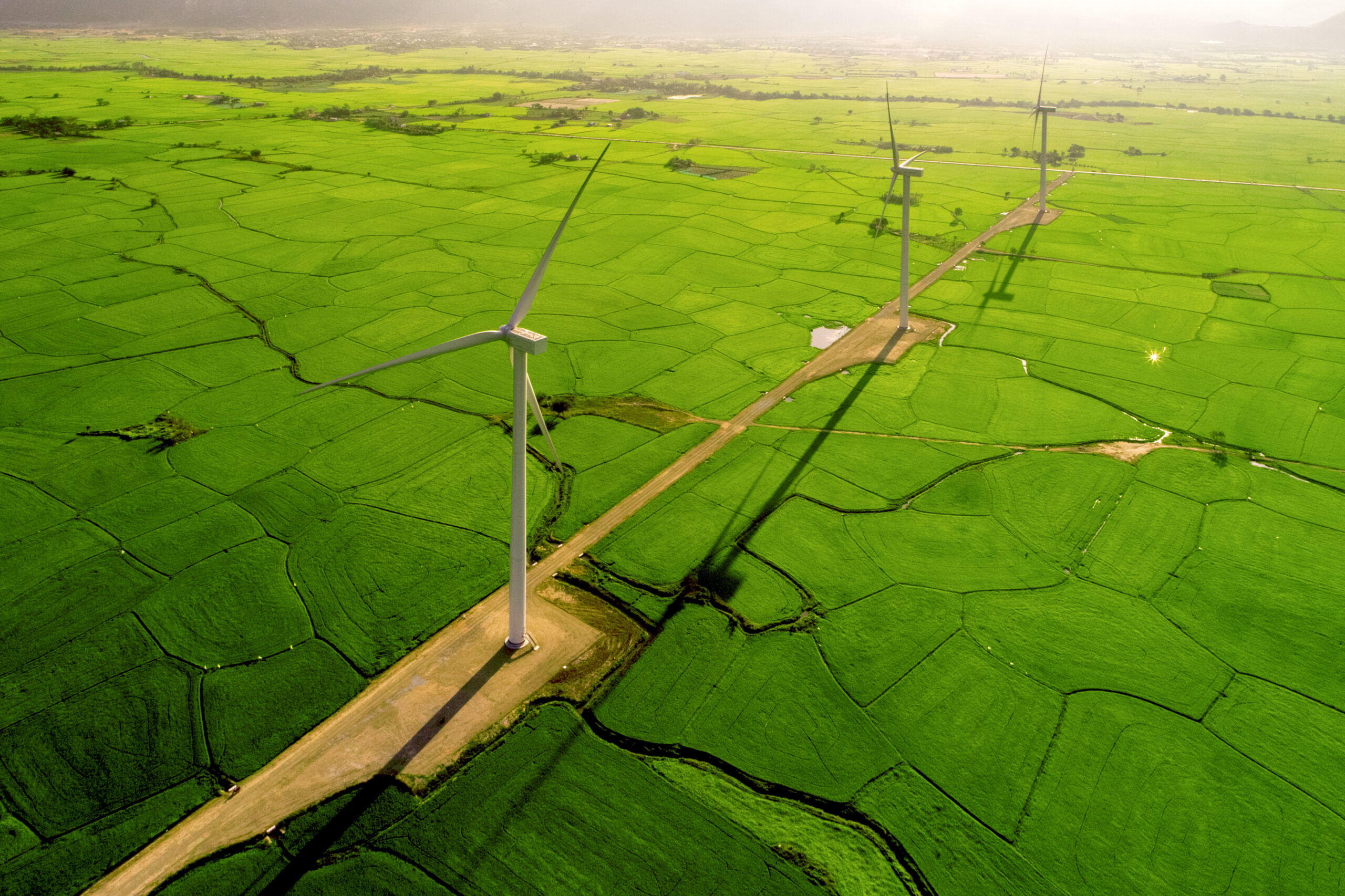Resilience of brands. The challenge but also opportunity to transform.
Our world is being re-drawn – not only by imperialistic ambitions of Russia’s Putin but also by its socio-economic implications.
Ruthless war in Ukraine is the latest in a series of events that started with COVID not only re-defined (or added new dimension) to sustainable transformation efforts of companies but also have demonstrated the importance of brands seeking to build “resilience” into their strategies and scenario planning. And they both result from the other.
Russia’s aggressive invasion of Ukraine has posed challenges to many international brands. To date, more than 400 enterprises have either withdrawn from Russia, suspended trading in the country or scaled back local operations. And even if it was happening in waves and with a lot of resistance of some – it has become the first such collective and united response amid Russian war atrocities.
Following COVID-19 pandemic lockdowns and related economic turbulences as well as political disruption in many nations, this tragedy has shown that brands need to be ready for ethical challenges as much as shifts in demand and supply chain issues at home and abroad. And it went further than just temporary address of the situation but also re-thinking the equity pushed by consumers to sustainability ‘gates’. The response of the society, especially in war neighboring countries, was massive and has changed the way brands’ behavior has been seen and evaluated. Most of the changes in this respect were driven by acts of empathy and simple humanity of the global society. And that is the power of people that no one can resist.
But there is also another aspect which relates to the brands ability and necessity to change the way the work. The impact of that on sustainable brands behavior is not obvious but certainly opens new chapter in this area.
The war cut off many companies not only from raw material resources and the Russian and Ukrainian markets overall but forced creation of strategies that anticipate and prepare for major shifts in supply and demand. This obviously triggers efforts to build and improve resilience – but not to the detriment of sustainability which in times of global turbulences might have been seen as the last priority.
On the contrary, cultivating resilience seems to be the way to fuel sustainable transformation – through creation of the ability to reuse goods and re-enter them into the supply change. This way, brands can clearly deal with material shortages while also improving their sustainability credentials. If this becomes a habit, then we could not imagine a better way to change the mindset of managements and companies at all levels in the quest of saving the planet.
In the recent Gartner’s research analysis, ‘The Russian Invasion of Ukraine: Implications to the Supply Chain’ they emphasized the need for businesses to develop strategies to deal with large-scale disruptions. Gartner’s take-outs also suggested that resilience can be built and improved, like any positive habit. Developing this habit, in turn, requires flexibility, and collaboration across all levels of an organization, from marketing to supply chains to procurement.
“Resilience requires really cross-functional engagement.” said Koray Kose, senior director analyst at Gartner.
“Resilience can come through from any part of the value-generation process”.
As a case in point, Kose added that another essential factor to cultivate resilience is the ability to reuse goods and their constituent parts at the end of their lifecycle. In this way, brands can deal with shortages while also improving supply chain sustainability, both practically and ecologically. The circular economy at its core. And what an opportunity for innovation…
“Resilience is designed into products, and resilience is also designed into the supply chain by making sure that whatever comes out after the life of the product comes back into the supply chain [and] value chain as repurpose or reuse,” Kose said.
Cultivating resilience to increase “cross-functional engagement,” or collaboration across all levels of an organisation, from marketing to supply chains to procurement is a straight way to become a ‘regenerative brand’ over time.
Paradox? No. It is yet another potential positive long-term outcome of this terrible, horrifying war going on across the European borders.
But can also become a wake-up call to those who were irresponsibly wasting resources and drowning the world in industrial trash that could have been long time ago re-used and repurposed.
Today it is impossible to predict the ending date of the crisis in Ukraine; business leaders are working with scarce information, in an inherently uncertain geopolitical environment. But action trumps stasis; in order to mitigate the war’s effects, marketers must take decisive action. And potentially use it to transform the way brands perceive not only the supply-chain but also the way they build their presence in the sustainable world.
“Right now, you’re going to have to make timely and tough decisions,” said Sam New, senior analyst of Gartner “You don’t have a choice, right? It’s either act or fail. And sometimes that requires a certain level of courage, tenacity, and bold thinking.”
Wars are horror and may become global threats but also the best moments to re-think the way we think, act and live. And change the way we think about the planet.


